Welcome to Hooshko
My activities with international projects put me at risk of prosecution by the Taliban
I am now seeking a safe place for myself and my family, away from threats and violence
My Early Life and Challenges
I was born on October 8, 1979 (16 Mehr 1358 in the Persian calendar), during the early days of the Iranian Revolution, in Dari Alley, Se-las Street, Saveh County. Inspired by the revolutionary spirit of the time, my father named me “Jomhoor” — meaning “Republic” — a name that echoes the hope and energy of that era.
My childhood was warm and full of fond memories in a tight-knit neighborhood. We had kind neighbors like Mr. Rahimi and Mr. Tatari. At the entrance of our alley stood a small religious center run by Seyed Esmaeil Shahrokhi, a respected figure in Saveh.
I started school at 22 Bahman Primary School, under the guidance of Mr. Shabani. Later, I studied at Shahid Nazar Fakhari Middle School and then Mohammad Baqer High School. Those early school years were filled with curiosity and joy. But during middle school, I began to feel the burden of being a migrant. Mockery, stares, and discrimination reminded me that to many, I was still seen as an outsider — even though I was born in Iran.
Despite the challenges, I found true friends — some, like Mr. Habib Zarif, remain close to this day. I eventually married in Saveh, like many others in the Afghan community.
I once dreamed of becoming a firefighter or working in another meaningful role. But legal restrictions on foreign nationals closed many doors. Today, after more than four decades of life in Iran, I still lack an official identity — denied access to basic rights like banking services, healthcare, and even education for my daughters.
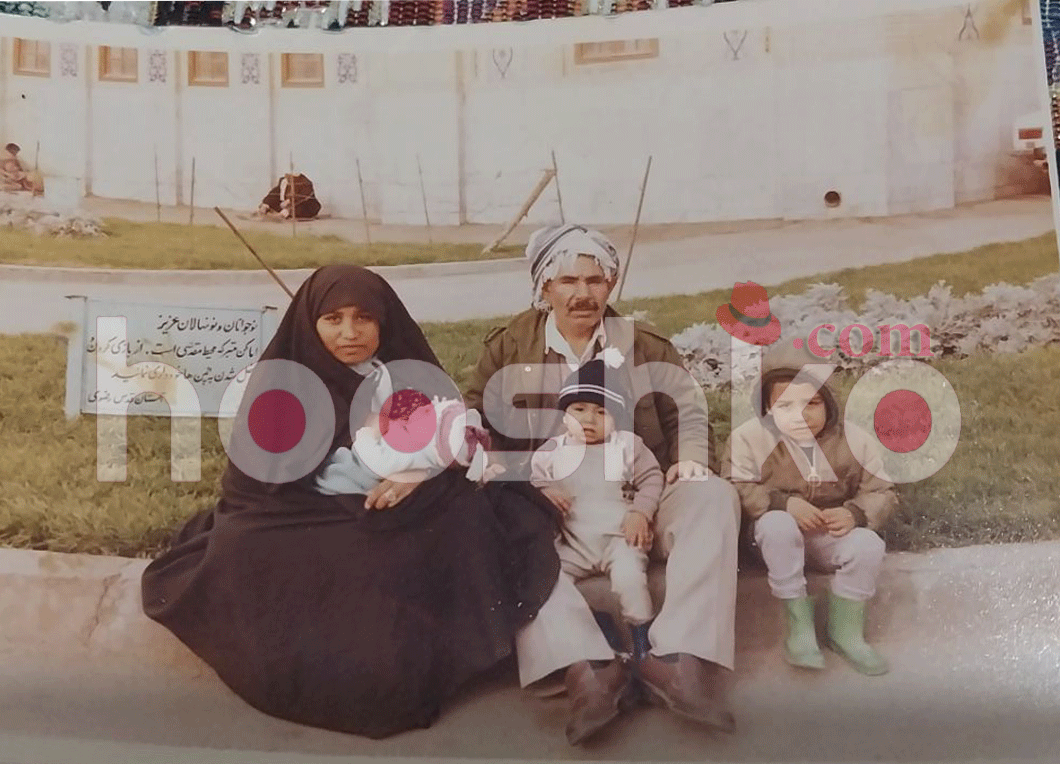
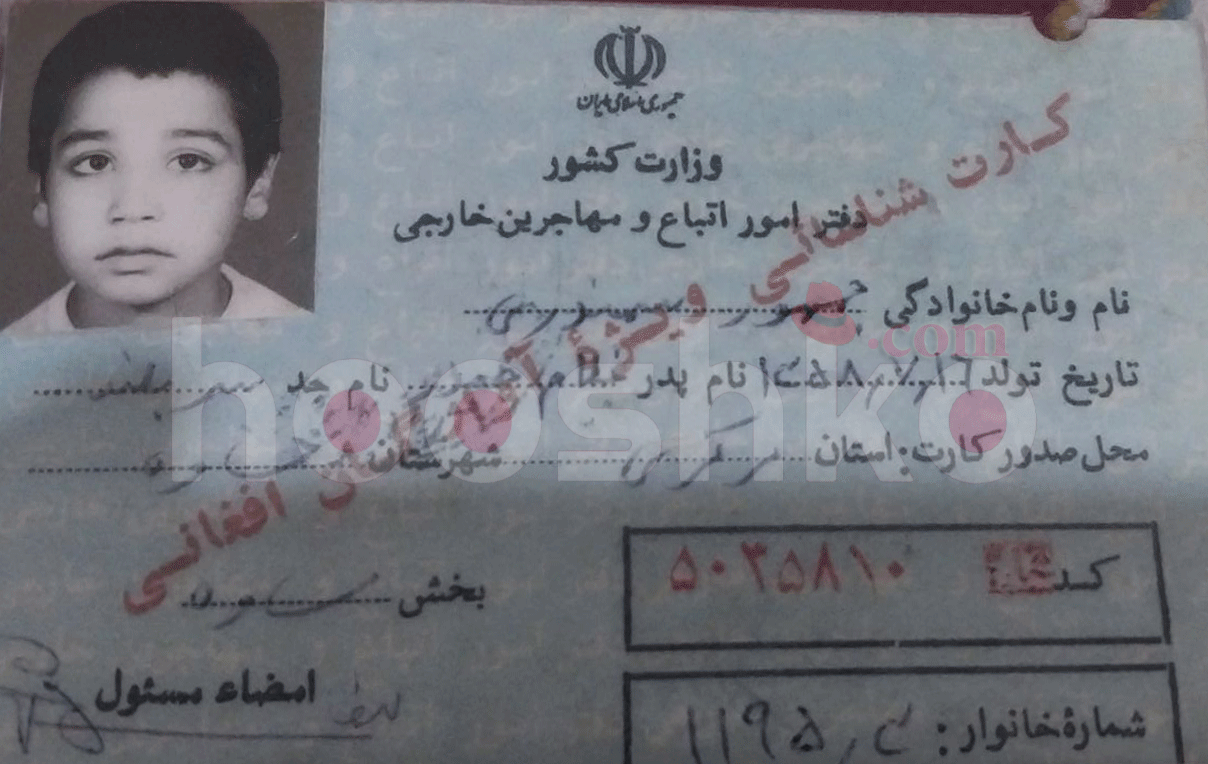
The world is full of interesting, exciting, and joyful stories, each person sharing their own unique narrative based on their experiences and circumstances. These stories reflect different aspects of life, with everyone expressing their part in their own way.
Years after I was born in the same hospital where my daughters were also born, the third generation of stateless migrants came into being. This generation, despite facing many hardships and challenges, still lacks access to basic rights such as education, healthcare, insurance, employment, banking services, and legal support.
In this chaotic and unstable environment, opportunists and profiteers exploit these gaps in the law, taking advantage of migrants who are already in difficult situations. They know that the legal system does not provide adequate protection for us, leaving us vulnerable and unprotected.
This harsh reality shows that migration and living in a new land come not only with hope and dreams but also with numerous challenges that different generations of migrants continue to struggle with.
Memories of Identity & Struggle
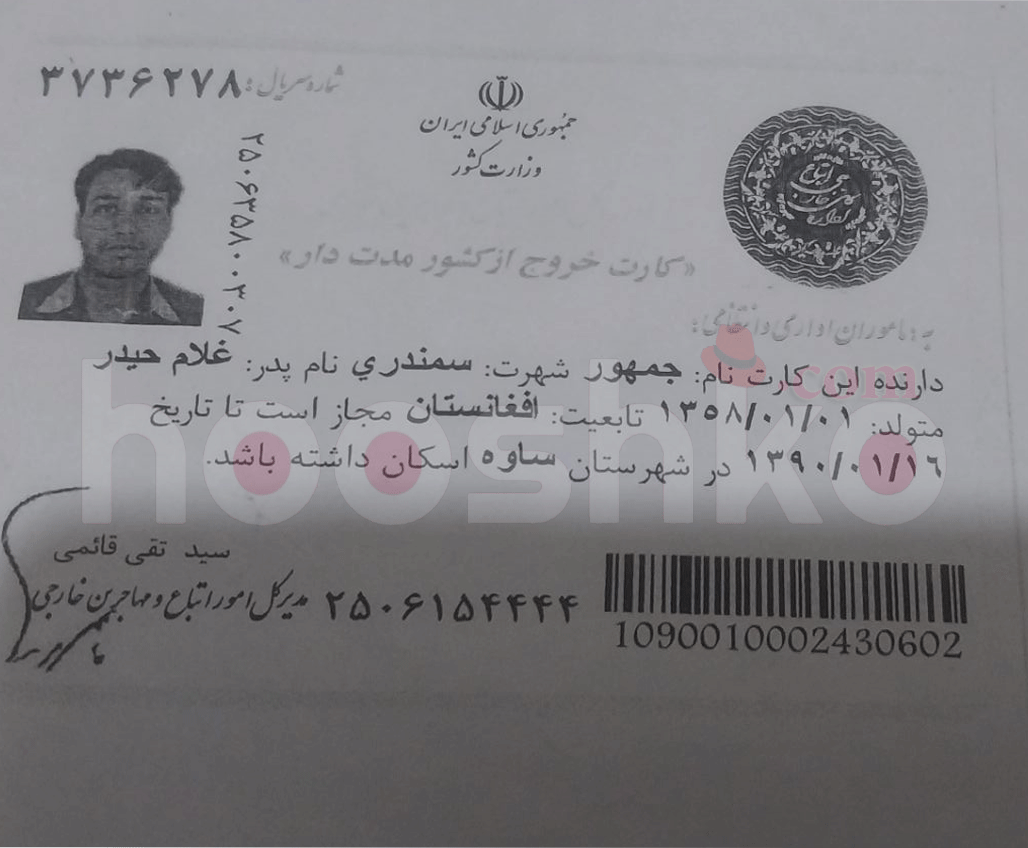
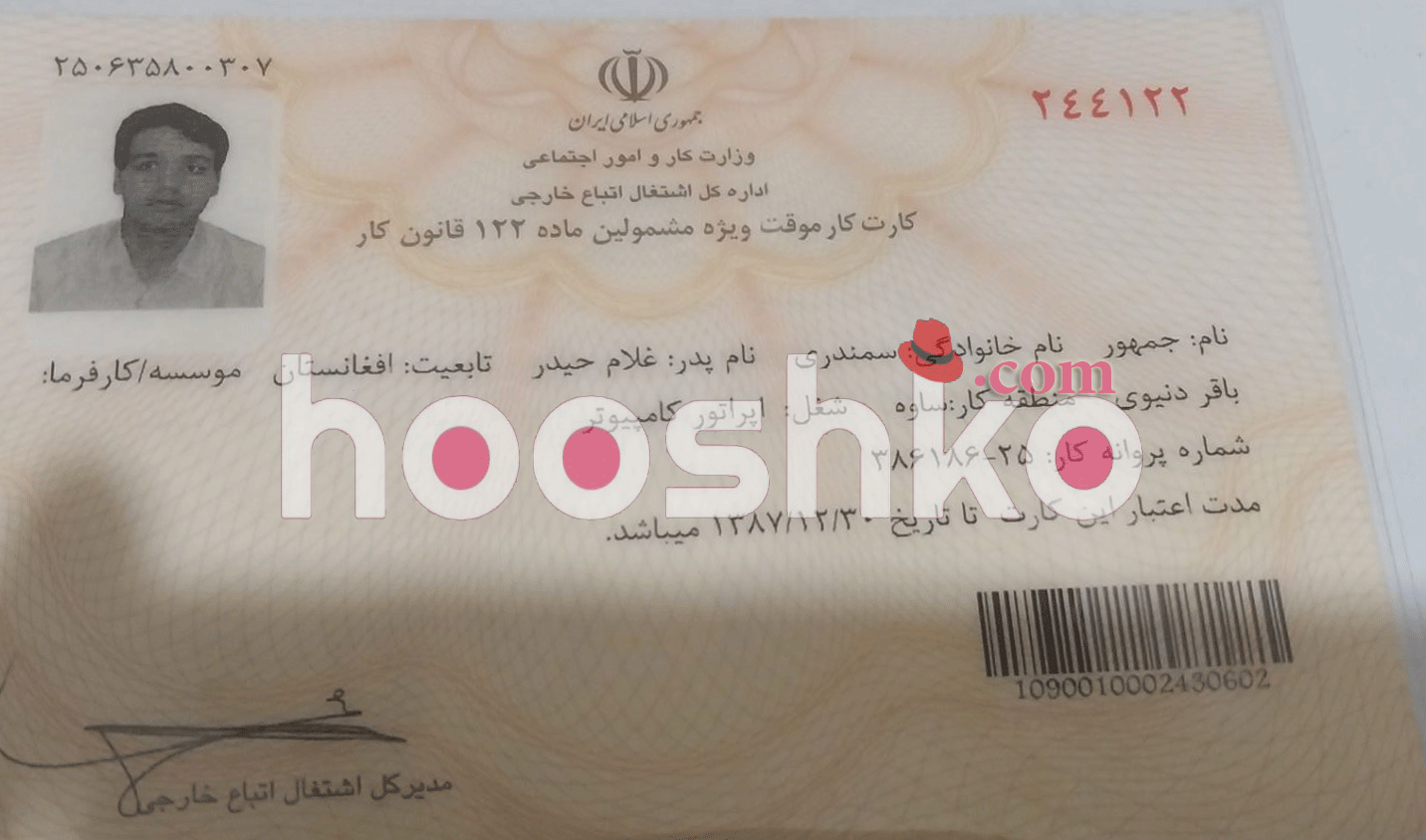
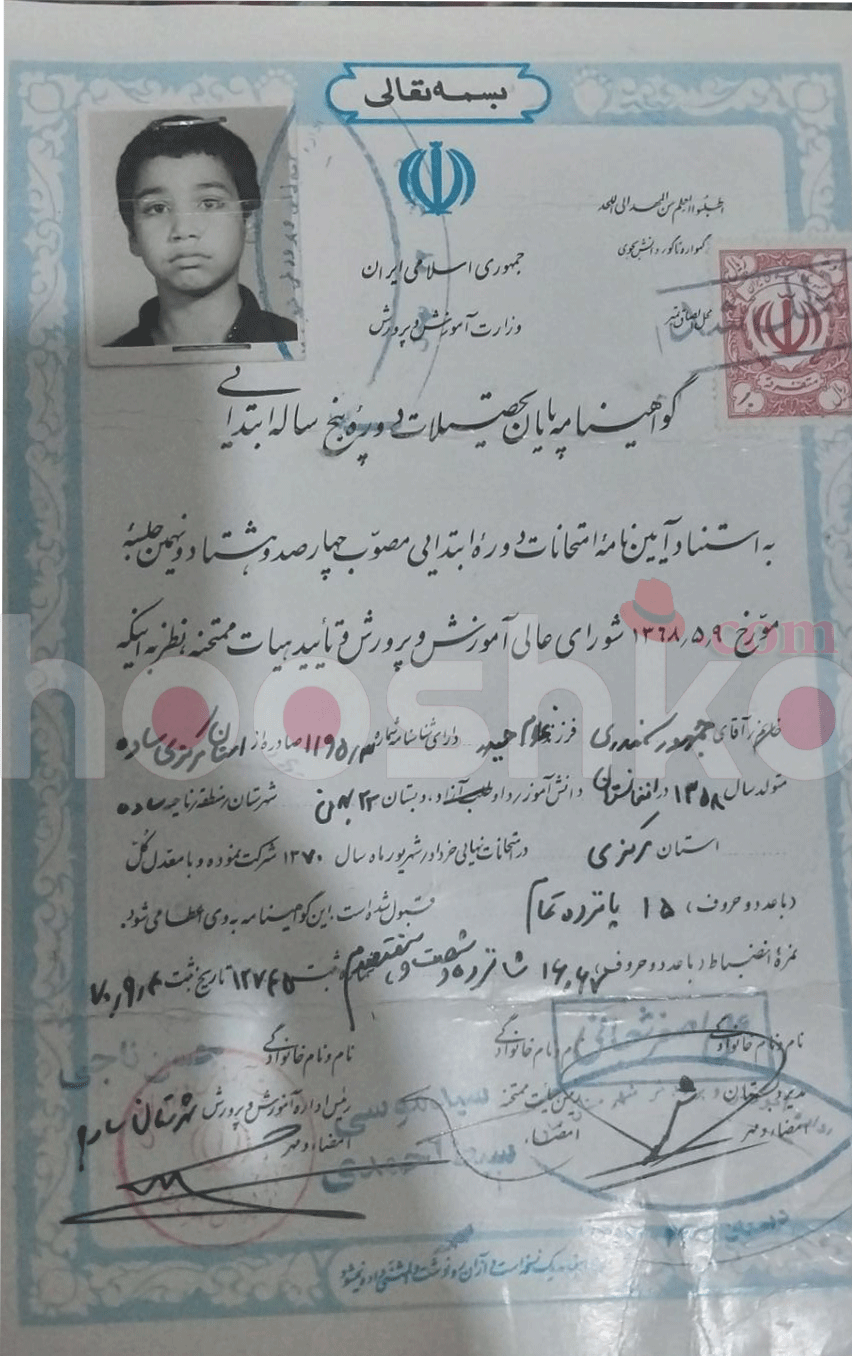
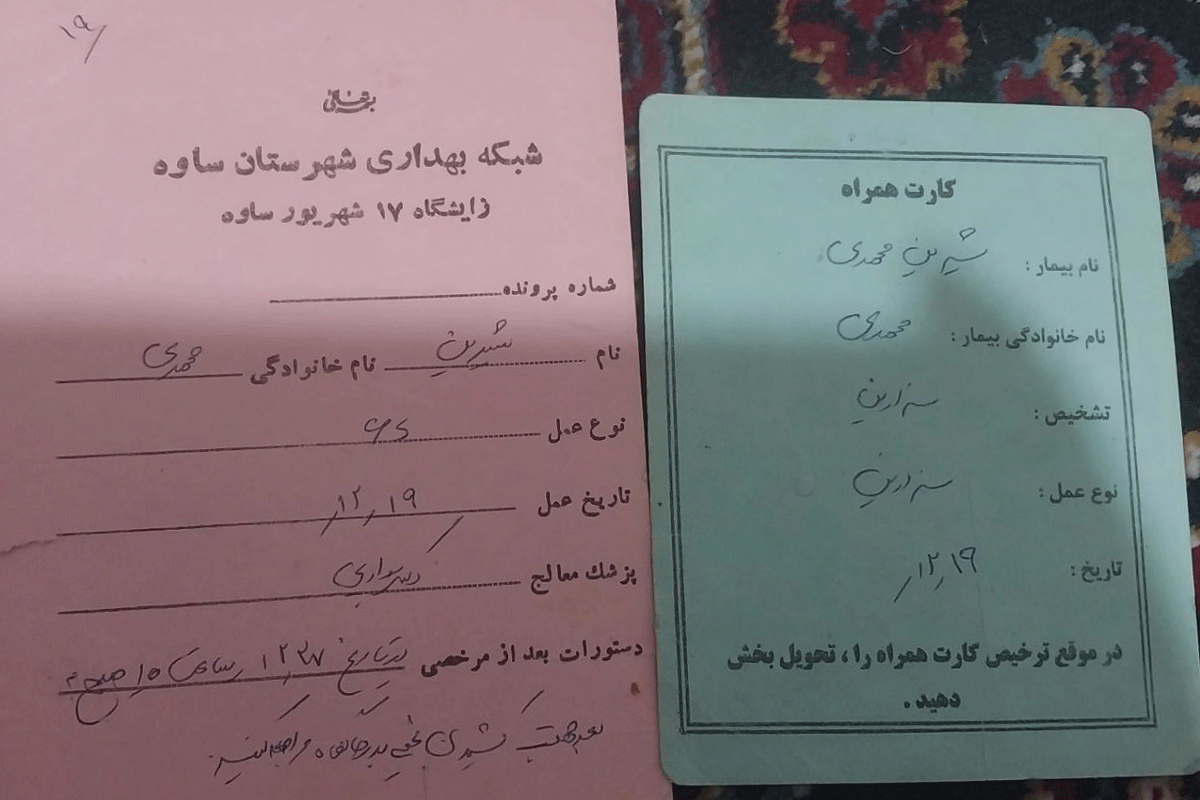
Birth certificate of my first daughter, issued at the hospital in Iran during the early years of her life.
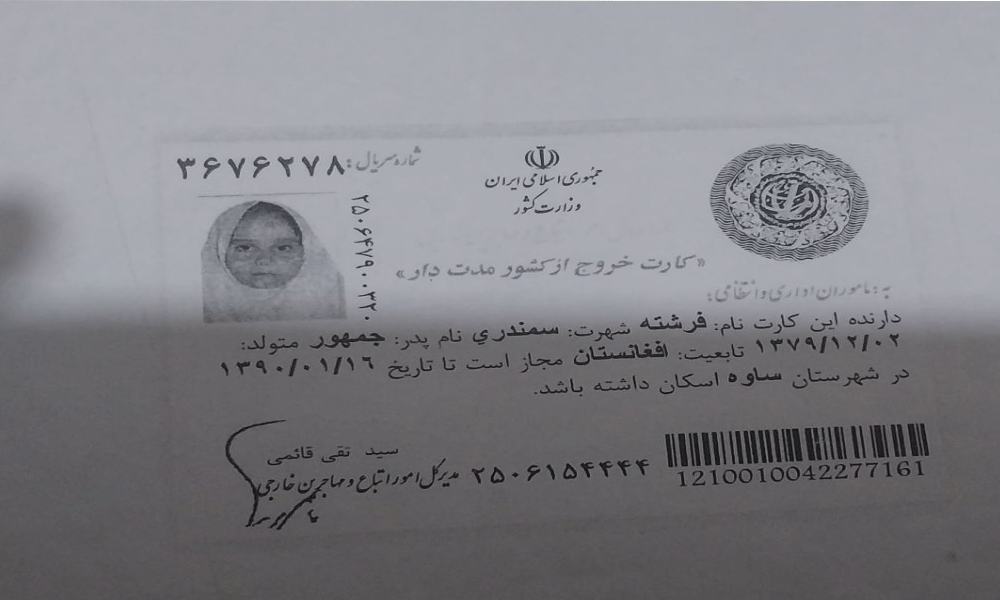
Amayesh refugee card for my daughter, confirming her legal status before 2011.
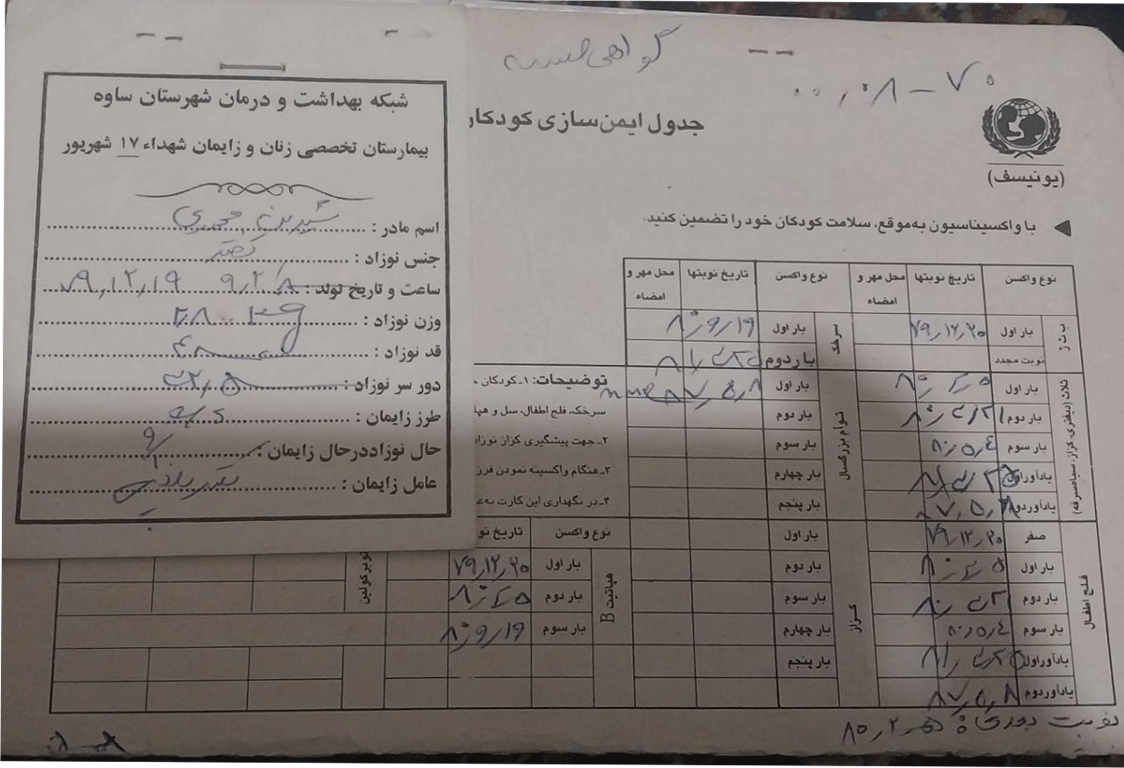
Birth certificate of my second daughter, showing our continued presence and registration in Iran.
